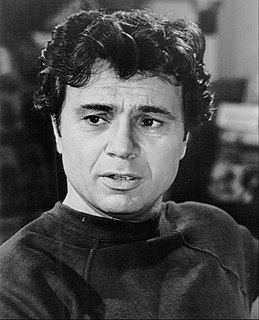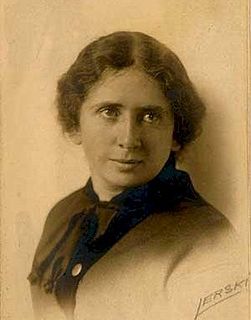A Quote by Gregory Harrison
And that's the mistake that was made with Steel Pier. Roger was caught between a rock and hard place. It would have cost a couple of million dollars more to take it to Boston or someplace first. So we opened about a month too early.
Related Quotes
To the economically illiterate, if some company makes a million dollars in profit, this means that their products cost a million dollars more than they would have without profits. It never occurs to such people that these products might cost several million dollars more without the incentives to be efficient created by the prospect of profits.
I was asked in a way when Honorable Elijah Mohammed said take the step, choose between the wealth of America and the millions of dollars and the title, the ministry. So, I chose the ministry. If I was not sincere, then I would have easily went to Vietnam, boxin' exhibitions, and made a couple of cool million.
The Cable Guy was underbudgeted, so it was always a debate about whether we could have more days or certain things that we needed, because the budget was determined before the script was written. So that made it a hard production on everybody. But it's also a funny thing, because it's one of those movies that cost $40 million to make and made $100 million around the world, but at the time, it seemed like a disaster that it didn't make hundreds of millions of dollars, because Jim was on such a tear. But it was actually a successful movie.
None of the pictures I take a risk in cost a lot, so it doesn't take much for them to turn a profit. We don't deal in big budgets. We know what we want and we shoot it and we don't waste anything. I never understand these films that cost twenty, thirty million dollars when they could be made for half that. Maybe it's because no one cares. We care.
Many people say, "When I get a million dollars, then I'll be happy because I'll have security," but that's not necessarily so. Most people who acquire a million dollars want another and then another. Or they could be like a good friend of mine who made and lost every dime of a million dollars. It didn't bother him a bit. He wasn't excited about it, but he explained to me, "Zig, I still know everything necessary to make another million dollars, and I've learned what to do not to lost it. I'll simply go back to work and earn it again.



































